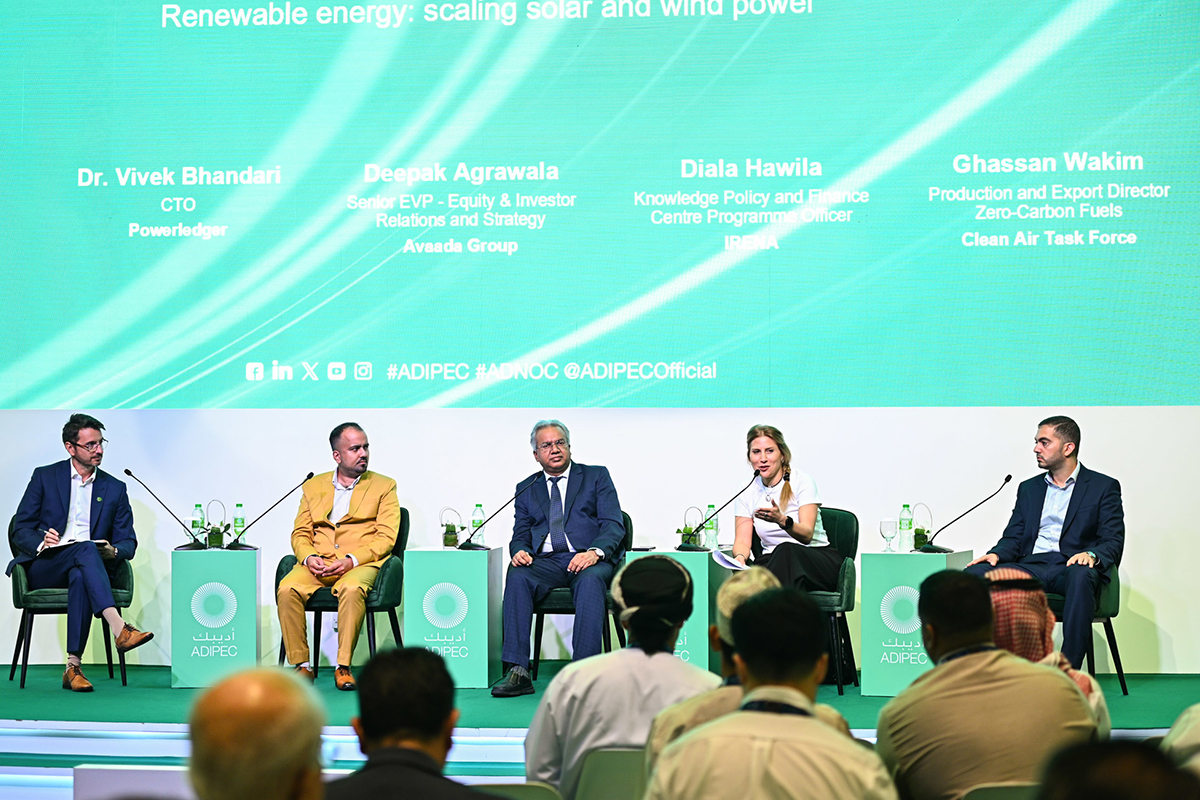ENERGY PROFESSIONALS
Exhibiting Companies
NOCs, IOCs, NECs & IECS
Country Pavilions
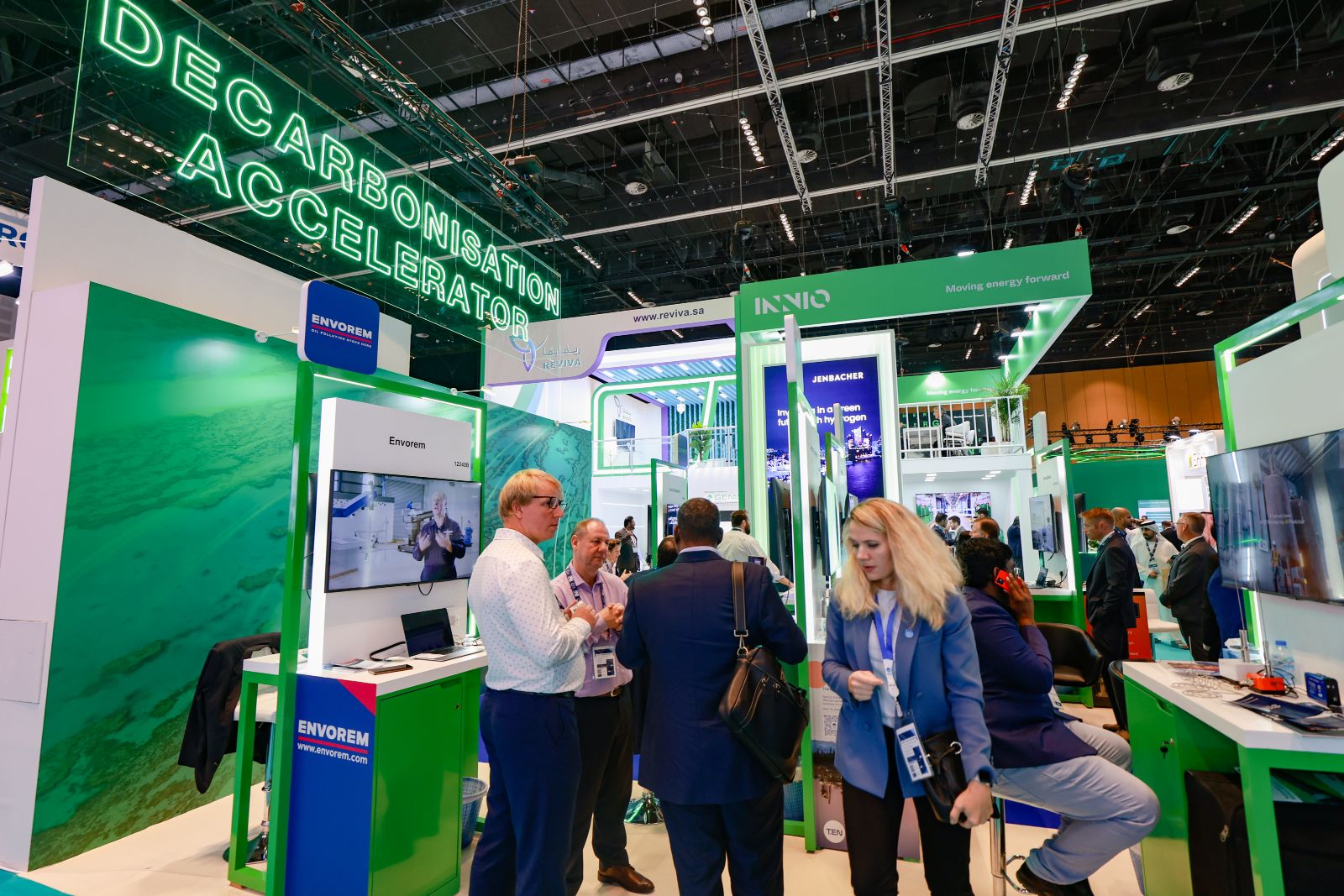
The ADIPEC Decarbonisation Accelerator is a dedicated area that enables organisations to showcase their game-changing projects and solutions driving decarbonisation at scale. Visitors can experience the spark of disruptive thinking, witness industry-adopted decarbonisation strategies and explore innovations reshaping the energy ecosystem.
Within the Decarbonisation Accelerator, a dedicated Start-Up Hub will host the pioneers presenting groundbreaking technologies advancing the future of decarbonisation and accelerating energy progress.
The Decarbonisation Accelerator at ADIPEC is a dedicated area to showcase innovative projects and solutions that drive large-scale decarbonisation. It's a platform for organisations to present groundbreaking technologies and strategies for energy decarbonisation. Don't miss the unique opportunity to be part of the world’s decarbonisation journey.
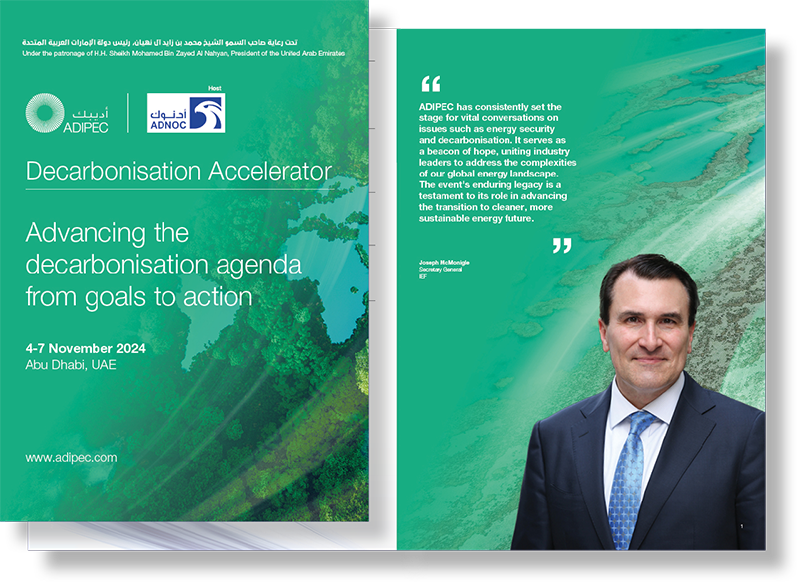
The Decarbonisation Accelerator at ADIPEC 2024 will reflect the growing need for decarbonisation strategies in the energy industry. The Accelerator will be a forum for leaders in the energy ecosystem to discuss low-carbon technologies, and the essential role the energy sector plays in accelerating the transition from fossil fuels to cleaner forms of energy.
The decarbonisation of global energy will be central to limiting average global warming to achieve net zero by 2050. The Decarbonisation Accelerator will be the centre of that conversation, with the most influential energy providers reinforcing their strategies and discussing low-carbon technologies as they navigate the route to decarbonisation.
The ADIPEC Decarbonisation Accelerator is a unique opportunity to be part of articulating the energy industry’s path towards decarbonisation.
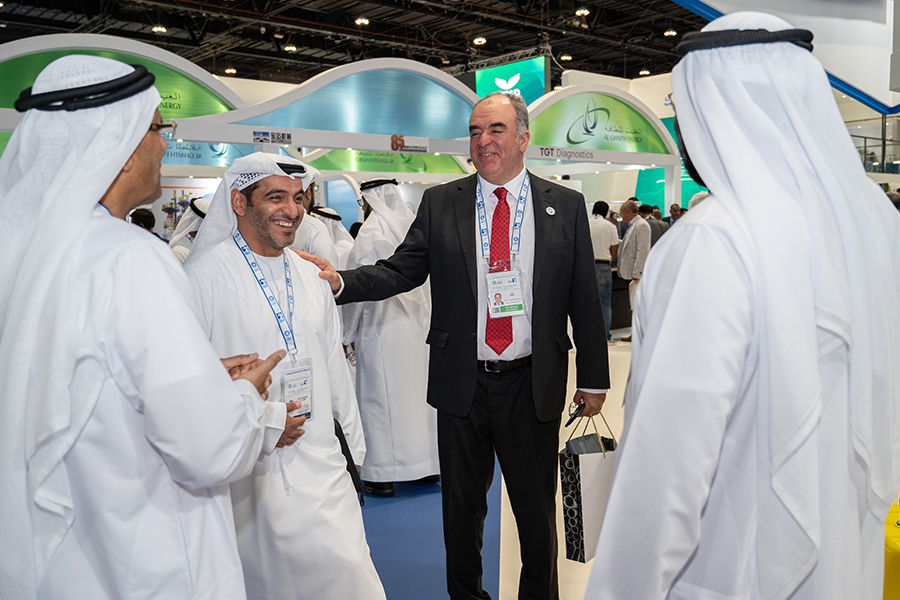
ENGAGE IN A PLATFORM FOR BOTH END-USERS AND SOLUTION PROVIDERS. The Decarbonisation Accelerator will discuss the implications of decarbonisation on the energy industry, promoting innovations and low-carbon technologies, such as CCUS, toward a cleaner future.
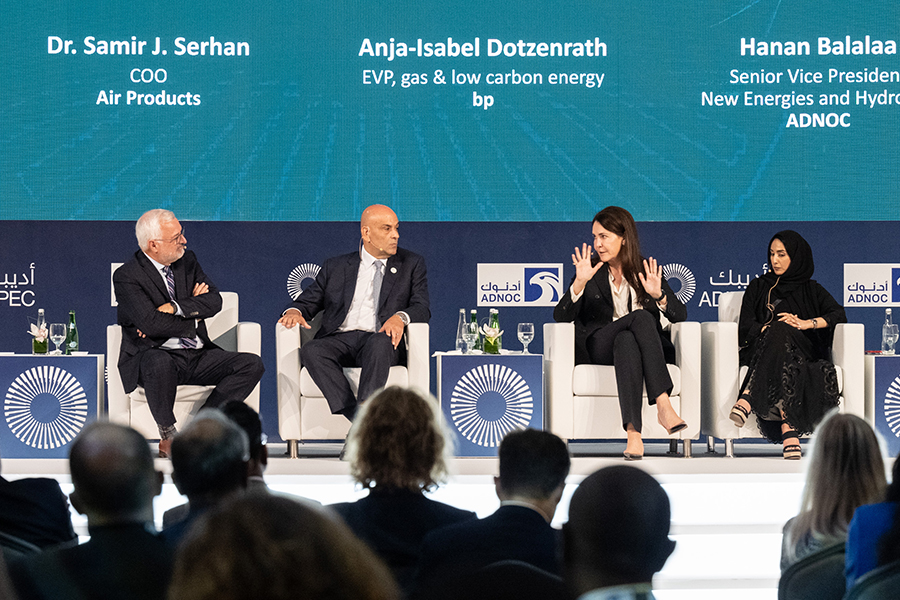
MEET FACE-TO-FACE WITH DECISION MAKERS, C-level executives, government authorities and finance houses looking to invest and find solutions to translate their net-zero pledges to net-zero plans.
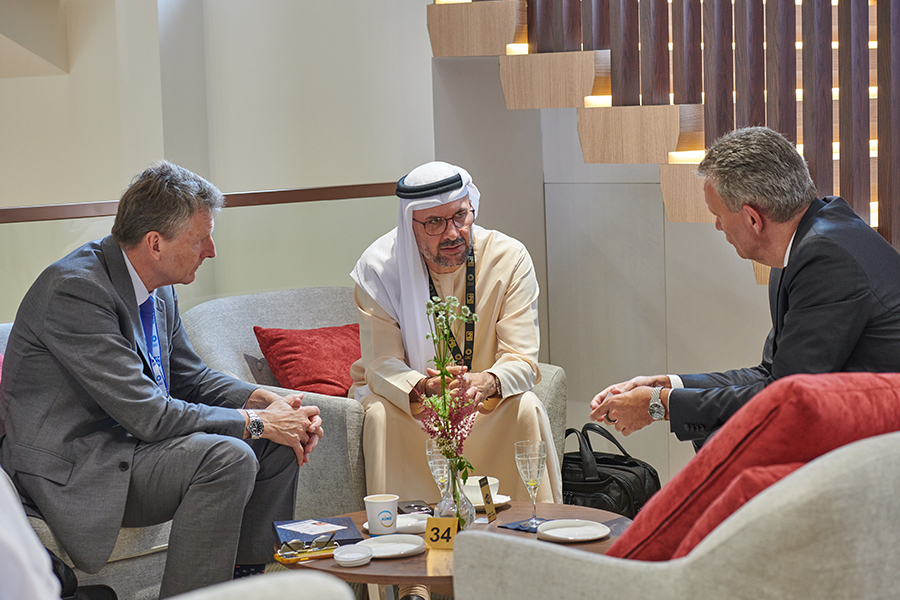
DISCUSS KEY CHALLENGES AND OPPORTUNITIES AROUND DECARBONISING operations of energy companies, with special emphasis on adoption and implementation, financing challenges and collaboration opportunities.

EXPLORE THE IMPORTANCE OF TECHNOLOGY PARTNERSHIPS AND INDUSTRY COLLABORATION in ensuring decarbonisation solutions are identified and adopted across the value chain.
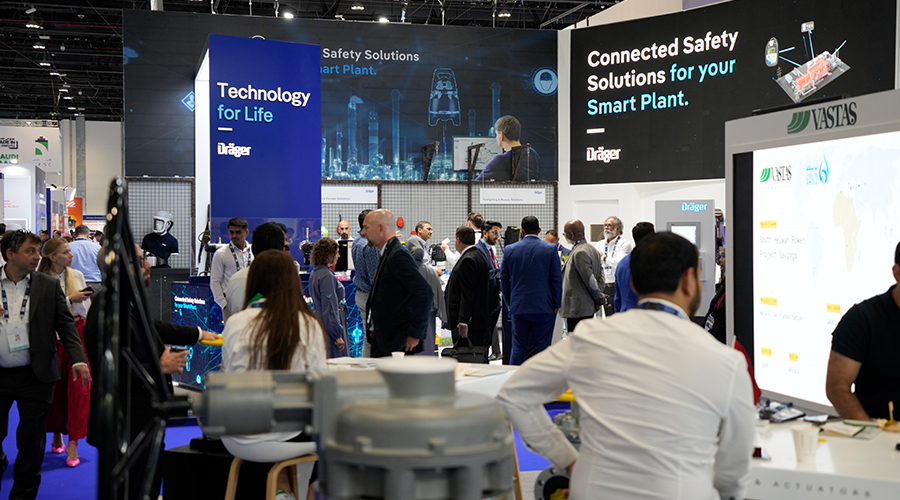
The ADIPEC 2024 Decarbonisation Strategic Conference will feature strategic sessions focused on addressing the need for innovative policies, new investment, technology advancement, new energy sources, and decarbonisation of heavy-industry sectors.
The conference programme will bring together policymakers, governments and financial institutions to deliberate on the opportunities in a decarbonised future, and the importance of new partnerships to unlock new value pools. In support of industry decarbonisation commitments, the programme will also cover discussions on emissions abatement, clean energy technology, carbon tax, carbon capture, renewables, nuclear energy, battery storage, low-carbon solutions, circularity, energy efficiency, and electrification.
